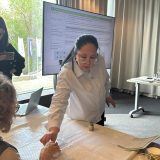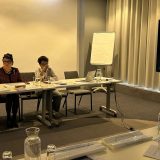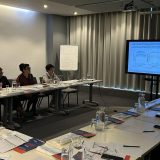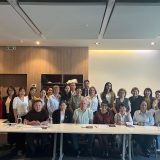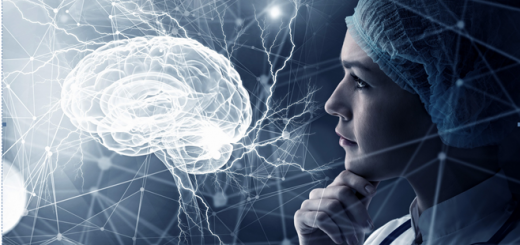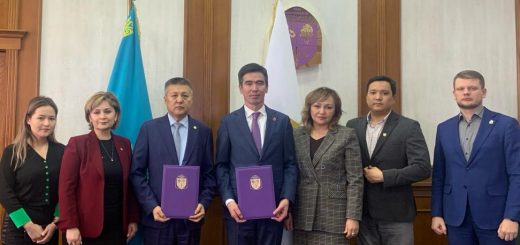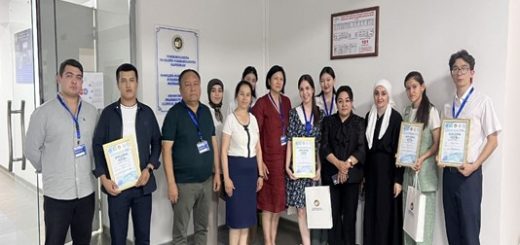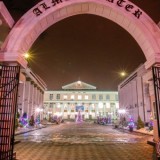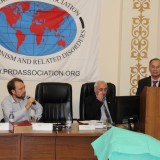Spinal Muscular Atrophy (SMA): Diagnosis, Therapy, Functional Monitoring
The Department of Neurology continues its series of educational events for practical healthcare, dedicated to the 95th anniversary of S.D. Asfendiyarov Kazakh National Medical University (KazNMU) and the 90th anniversary of Professor S.K. Kaishybayev.
On April 26, a master class titled “Spinal Muscular Atrophy (SMA): Diagnosis, Therapy, Functional Monitoring” was held in Almaty.
This educational event was organized by the Department of Neurology of S.D. Asfendiyarov KazNMU and the “Association of Neurologists” in accordance with the Roadmap for the Improvement of Neurological Medical Care for the Adult Population of the Ministry of Health of the Republic of Kazakhstan for 2025–2027, aimed at implementing the cascade training method for healthcare professionals.
The master class was conducted by the Head of the Department of Neurology of S.D. Asfendiyarov KazNMU, Professor S.T. Turuspekova; Associate Professor of the Department of Neurology R.B. Nurzhanova; Senior Lecturer of the Department of Neurology at Kazakh-Russian Medical University, Master of Medical Sciences B.D. Myrzaliyeva; and Head of the Neurology Department of the Regional Hospital of Taldykorgan, Chief Freelance Neurologist of Zhetysu Region I.T. Zhakupbayeva.
Spinal Muscular Atrophy is a hereditary disease caused by a deficiency of the SMN protein, which is critical for the functioning of motor neurons responsible for muscle control. Several clinical types of SMA are classically distinguished, each characterized by the age of onset, severity of clinical manifestations, highest achieved motor milestones, and life expectancy in the natural course of the disease.
The first mention of SMA dates back to the 19th century when, in 1891, Austrian neurologist G. Werdnig described a clinical case of a patient with SMA. It was only 104 years later that the global scientific community discovered the SMN1 and SMN2 genes, mutations in which lead to the development of SMA.
The master class covered topics such as:
- Diagnosis of SMA: stages and methods;
- Pathogenetic therapy: latest data and approaches;
- Continuity of care: the importance of uninterrupted and consistent patient management during the transition from pediatric to adult care;
- A multidisciplinary approach to improving treatment outcomes.
Clinical cases were also presented for joint analysis, and practical skills in the functional assessment of patients with SMA were practiced using standardized scales such as RULM, HFMSE, and 6MWT, involving a patient who had given prior consent to participate in the practical part of the master class.
The main goal of the educational event was to enhance the qualifications and facilitate the exchange of experience among chief freelance neurologists and neurologists responsible for the management of patients with SMA in the region. This was achieved by studying modern methods of diagnosis, pathogenetic therapy, multidisciplinary approaches, and functional state monitoring based on international standards and best practices to improve patients’ quality of life.
The master class aroused great interest among the audience, which included neurologists from various regions of the country — Karaganda, Atyrau, Kokshetau, Aktau, Pavlodar, Shymkent, Ust-Kamenogorsk, Abai Region, Kyzylorda, Taldykorgan, Almaty Region, and Almaty city.
The master class was held with the informational support of LLP “Rosh Kazakhstan”.







